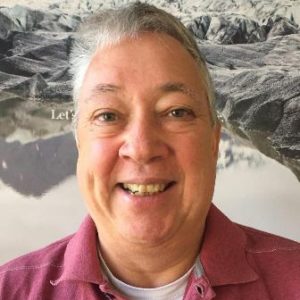
David Braun
National Geographic Society United States of AmericaForty years in media gives David Braun global perspective across multiple storytelling platforms. His coverage of science, nature, politics, and technology has been published/broadcast by the BBC, CNN, NPR, AP, UPI, National Geographic, TechWeb, De Telegraaf, and South African newspapers. He has published two books and won several journalism awards. He has 120,000 social media followers. Braun is director of outreach with the digital team illuminating the National Geographic Society’s explorer, science, and education programs. He directs the Society side of the Fulbright-National Geographic Digital Storytelling Fellowship. Fulbright is the U.S. government’s flagship international exchange program, annually supporting more than 8,000 students, scholars, artists, and professionals from the U.S. and more than 155 countries to study, teach, conduct research, exchange ideas, and find solutions to shared international challenges. Fulbright-National Geographic Fellows spend nine months overseas, creating multimedia stories on globally significant social or environmental topics including biodiversity, cities, climate change, cultures, energy, food, oceans, and water. Braun also edits National Geographic Voices, hosting a global discussion on issues resonating with the Society's mission and major initiatives. Contributors include universities, foundations, interest groups, and individuals dedicated to a sustainable world. The C40 Cities Climate Leadership Group, a network of large and engaged cities from around the world committed to implementing meaningful and sustainable climate-related actions, has published more than 160 contributions. Braun has participated as a panelist/presenter/moderator in numerous forums, including in "Big Energy Question" events in Washington, London, Istanbul, Rotterdam, Vancouver, Tokyo, São Paulo, New Delhi, Jakarta, Bengaluru, and Johannesburg. Sponsored by National Geographic and Shell, the events convened hundreds of thought leaders from government, academia, industry, business, and conservation groups to identify regional and city challenges and solutions toward providing sustainable energy security for all. Much of the discussion focused on smart cities.
